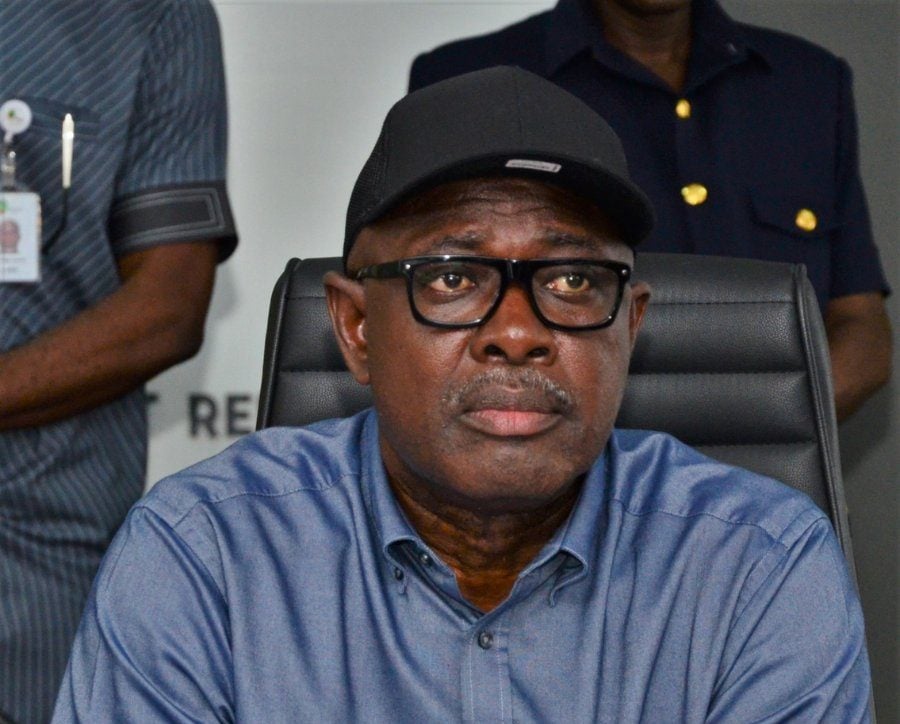Nigeria will seek a higher oil production quota at the upcoming Organisation of Petroleum Exporting Countries (OPEC) meeting in November, according to Senator Heineken Lokpobiri, Minister of State for Petroleum Resources (Oil). Speaking in Abuja on Tuesday during an interview with the Nigerian Upstream Petroleum Regulatory Commission (NUPRC) media team, Lokpobiri said Nigeria’s current quota of 1.5 million barrels per day (bpd) no longer reflects its capacity, which exceeds 2 million bpd, including condensates. He aims to secure an increase to at least 2 million bpd, citing improved production, infrastructure, and investments.

Lokpobiri highlighted a rebound in output from 1 million bpd when he took office to 1.7-1.8 million bpd today, driven by enhanced security and pipeline integrity in the Niger Delta. “Before, companies feared losses due to vandalism, but now crude reaches export points reliably,” he said. Nigeria’s rig count has risen from 14 to nearly 50, and divestments by majors like Shell and ExxonMobil have boosted local operators, with Renaissance adding over 60,000 bpd and Seplat contributing 40,000 bpd.

He praised the Petroleum Industry Act (PIA) and NUPRC’s leadership under Gbenga Komolafe for fostering investor confidence and transparency, positioning Nigeria as a model for African energy regulation. Lokpobiri noted that condensates, not counted in OPEC quotas, fetch higher prices, giving Nigeria flexibility. President Tinubu’s executive orders have also reduced production costs, though Nigeria’s costs remain above the global average of $12 per barrel compared to Saudi Arabia’s $8. Lokpobiri emphasized Africa’s need to leverage its hydrocarbons to fund energy transitions, criticizing global pressures to abandon oil while countries like the U.S. ramp up production. “Africa emits less than 3% of global emissions. We must use our resources to industrialize,” he said.




